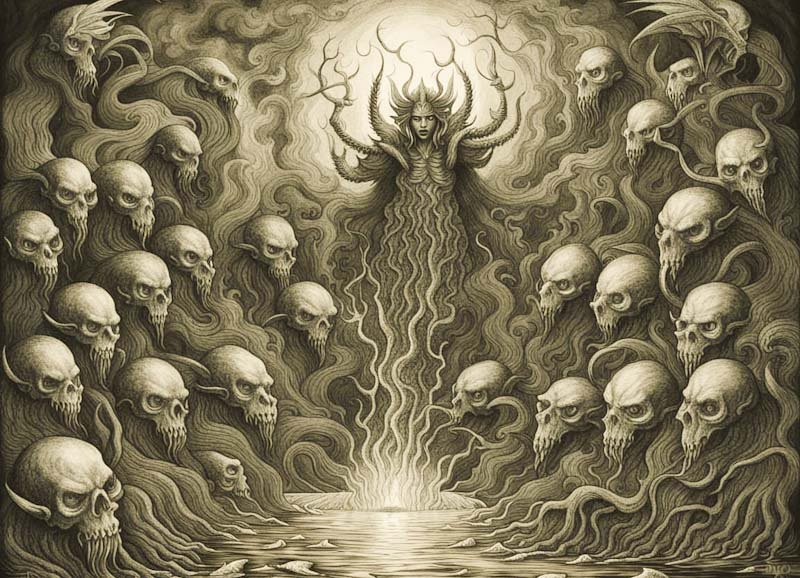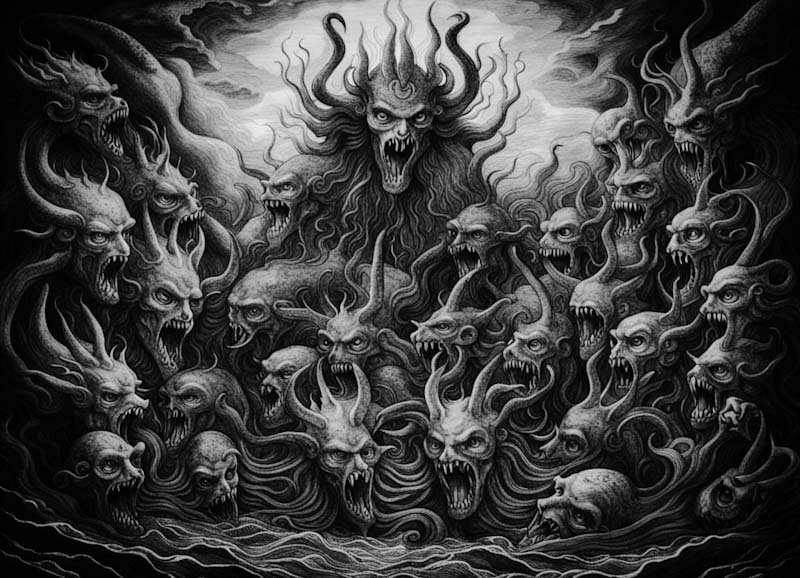Whenever I get overly enthusiastic whilst looking at new data, I half-remember something I read some 20 years ago about Samuel Stouffer, the lead author of the American Soldier and the inventor of the concept of Relative Deprivation.
Yesterday I had a moment to look up the quote. It is from Thomas Pettigrew’s concluding chapter in Walker & Smith’s 2001 reader on Relative Deprivation and goes like this:
He was a genius at analyzing survey data, skillfully controlling for relevant variables and making sense out of complex findings. To this day, his terse volume Communism, Conformity, and Civil Liberties (Stouffer, 1955) offers a model for precision in survey analysis. His favorite Shakespearian citation from King Henry IV has Glendower asserting that he could “call spirits from the vasty deep.” But, Hotspur retorts, “Why, so can I, or so can any man; But will they come when you do call for them?” When Stouffer called for them from survey data, the answers always came.
https://doi.org/10.1017/CBO9780511527753.016
This could be construed as a warning: after all, Pettigrew is comparing Stouffer’s uncanny knack for survey data analysis to, er, summoning demons. We all know how well this went for the magician’s apprentice. Also, I’m no Stouffer, and nor are you.

But Pettigrew (then in his early 70s) clearly relished his erstwhile teacher’s flair and seemed to fondly remember Stouffer’s bald-faced empiricism. Stouffer’s love for data and his disdain for Big Theory™ must have been infectious.
Of course, I could not remember the exact reference (‘something about Stouffer and demons and data, in a book I read in the early 2000s’), let alone quote Shakespeare by heart. So I started googling, and found out that Pettigrew had used the same sentence about Shakespeare in an article he published in 2015, when Stouffer had been dead for more than half a century. In this text, there are many more, and more personal memories. The whole text is worth your time (and not just for the anecdotes), but here is another passage that specifically deals with joie the data:
Stouffer was an inspiring but unorthodox teacher. Instruction from him was invariably informal and empirical. Intensely engrossed in his work, Stouffer taught by example. You followed him around from office to computing room and back, absorbing as best you could his excitement, expertise, and “feel” for survey research and analysis. To this day, I have never lost the sense of excitement and curiosity in analyzing survey data instilled by these memorable occasions. If a member of his graduate seminar on survey analysis would offer an interesting hypothesis, he would often leap from his chair and exclaim, “Let’s test it!” At which point he would lead the entire class to the machine room and start stuffing the survey data cards into the old IBM 101 counter, sorter, and printer-the leading machine for social science in the early 1950s.
https://doi.org/10.1177/0190272514566793
When Pettigrew wrote this, he himself was well into his 80s. The man whose enthusiasm he so vividly recalled had been in his 50s when Pettigrew was his student and would die only a few years later.
Is there a point to all this? Perhaps it is this:
Life is potentially short. Love what you do, do what you love, and if that means dreaming up new items and boldly estimating correlations no sane being would touch with a very long stick, by all means (and any other moments of the distribution) go ahead with it. Even and especially if you’re not a 50-something male professor from the golden age of survey research.

Discover more from kai arzheimer
Subscribe to get the latest posts sent to your email.
